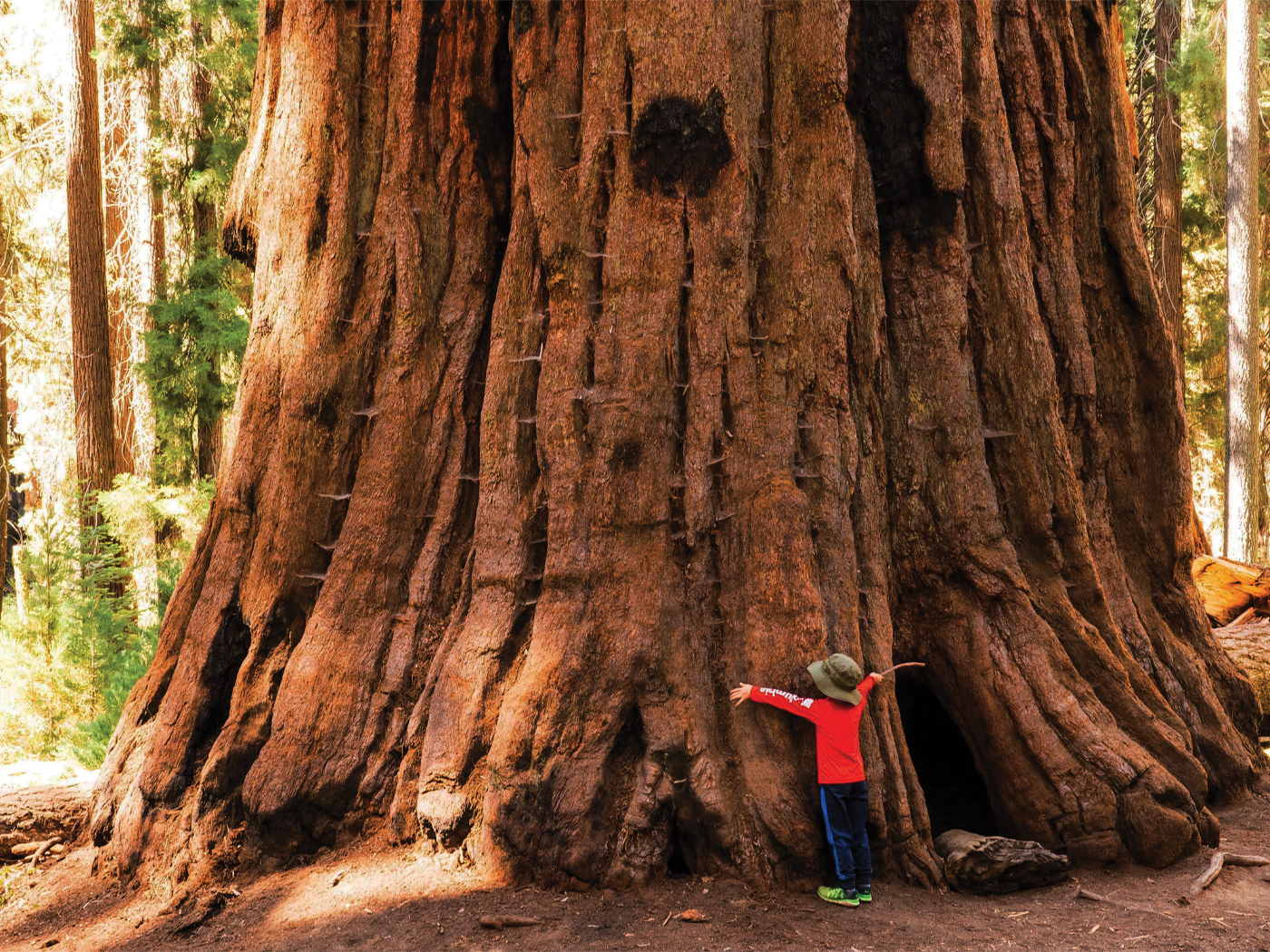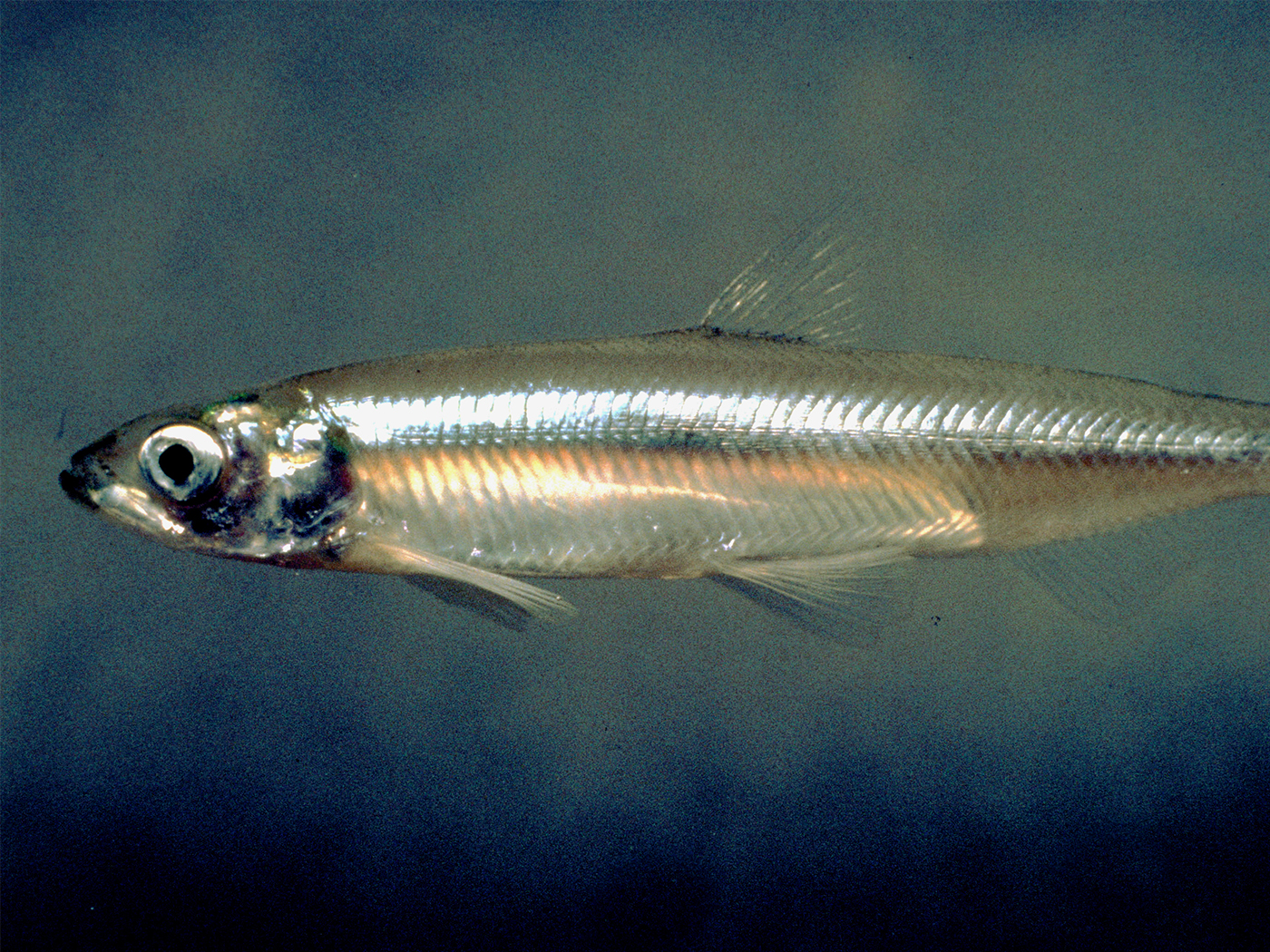Recently, I was working with a supporter when he asked me an interesting question. “Brother Morris, do you believe planned giving is really giving at all?” My initial thought was “Yes, of course.” But the more I thought on this, the more I realized the answer is not that simple.
Obviously, gifts we make during our lifetime represent a purposeful and voluntary separation from some of our resources. Planned gifts, on the other hand, represent a purposeful but involuntary separation from our possessions after we can no longer use them. With the former, your possessions are voluntarily leaving you. With the latter, you are involuntarily leaving whatever possessions remain. With one you are truly giving from what you have, while with the other you are leaving the leftovers. From this perspective, a major difference emerges between the two.
Please don’t misunderstand me. Planned gifts are tremendously helpful, and they are often among the largest ICR receives. But in my experience, many people who plan to leave behind something for the Kingdom could make most of those gifts while they are still living and able to enjoy giving them. With all the counsel in the Bible about the proper focus on our possessions (e.g., Proverbs 3:9-10; Mark 10:17-22) and the great blessings that await those who use them for God’s work (e.g., Philippians 4:17), it is puzzling why believers don’t do all the giving they can to “lay up…treasures in heaven” while they are still here on Earth (Matthew 6:19-21).
It seems people have several reasons for planned leaving instead of lifetime giving. For one, it is striking how often believers work with unbelieving advisors who seldom make charitable giving a central focus in their planning considerations (and may oppose it if their future income is reduced). It is far too easy to simply earmark a future gift in an estate plan—it requires no sacrifice or any real strategic planning to maximize our impact for Christ. After all, with planned leaving you are not really giving anything away.
Second, uncertainty is a powerful impediment to giving during our lifetimes. Some believers worry that they might give too much and won’t have enough for later in life, but I have never heard of anyone who gave themselves into poverty. In fact, Jesus’ teachings in Matthew 6:25-34 make it clear this is not possible for the born-again Christian who “seek[s] first the kingdom of God.” But fear, enhanced by an innate sinful nature inclined towards covetousness (Luke 12:15), often dampens our ability to joyfully and generously give to the Lord’s work during our lives. As such, planned leaving can be a practical manifestation of the fear and lack of trust in God to “supply all [our] need according to His riches in glory by Christ Jesus” (Philippians 4:19).
Moreover, the manner in which we use our God-given resources is affected by the urgency of our heavenly perspective. Believers who are not passionately engaged in doing something with eternal value will see little difference between lifetime giving now versus planned leaving later. Either way, the purifying fires of Christ’s judgment seat will one day “test each one’s work, of what sort it is,” and only those activities built on His sure foundation will endure and receive a reward in eternity (1 Corinthians 3:13-14).
In the end, the best giving approach calls for a balance between the two, first on bountiful and cheerful “sowing” during life (2 Corinthians 9:6-7) followed by the purposeful leaving of whatever might remain. But only gifts made during our lifetimes provide us with the added blessing of seeing the increase God will produce for the cause of Christ (1 Corinthians 3:6-7). So, if we can willingly trust God for our eternity, surely we can trust Him to take care of us while we support worthy Christian ministries doing His work on Earth.
* Mr. Morris is Director of Donor Relations at the Insti-tute for Creation Research.




















